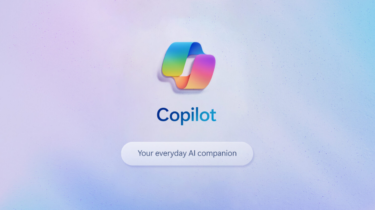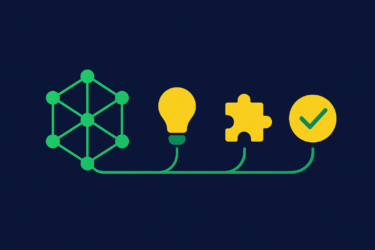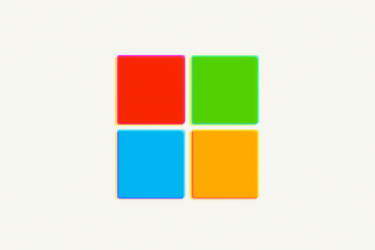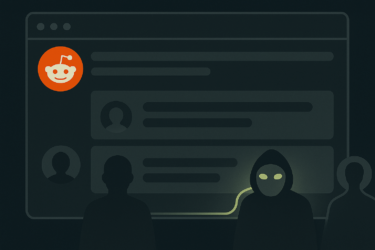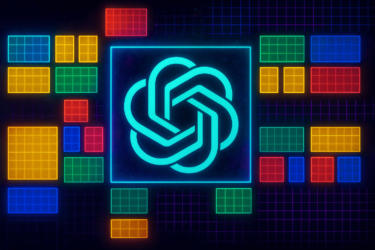First users are reporting that they have seen Microsoft's GPT-4 or ChatGPT integration in Bing. The screenshots appear to be authentic, but Microsoft has not yet commented on the reports.
First to report the "new Bing" that greeted him as the new Edge home page was student and designer Owen Ying. According to Ying, he was able to briefly test the ChatGPT or GPT-4 integration before the system stopped working.
Next to the search button, there is now an additional chat button that loads an explanation page for "the new Bing" and the chat interface, where you can ask ChatGPT-like questions and get machine-generated responses with citations (see below). The Bing AI also offers suggestions for further questions in a dialog.
A first look at Microsoft's new Bing with GPT-4? | Video: Owen Yin via Twitter
Other Twitter users also reported the new Bing chatbot search (see sources). The regular search is still available. But Microsoft is likely to draw attention to the new service on the home page of the regular search with a large notification box and sample chat queries.
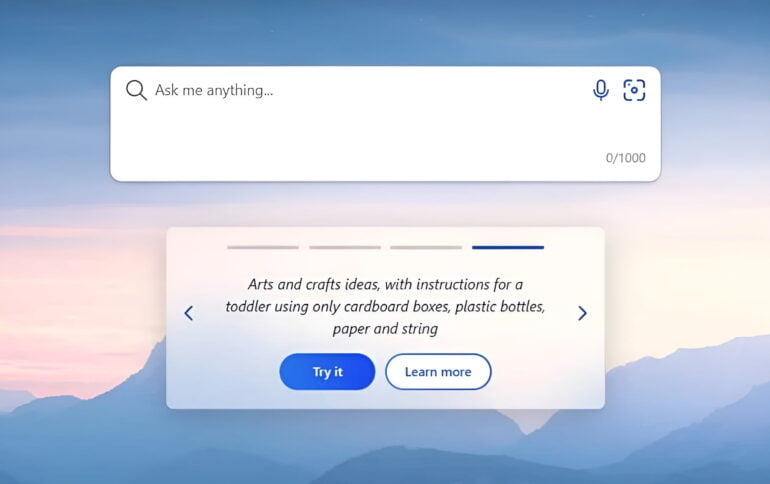
According to earlier rumors, the integration of OpenAI's chat technology into Bing will be GPT-4, a more advanced version of the current ChatGPT, which is still based on GPT 3.5. GPT-4 is said to be faster, more detailed, and more human-like. Integration with Bing is expected "in the next few weeks". Microsoft is reportedly also planning a ChatGPT mobile app.
Microsoft uses GPT-4 for web citations - and warns of mistakes
Probably the biggest new feature of the integration compared to ChatGPT: Microsoft's search chatbot cites additional sources for each answer. The citations are attached to the individual statements in the style of a scientific paper.
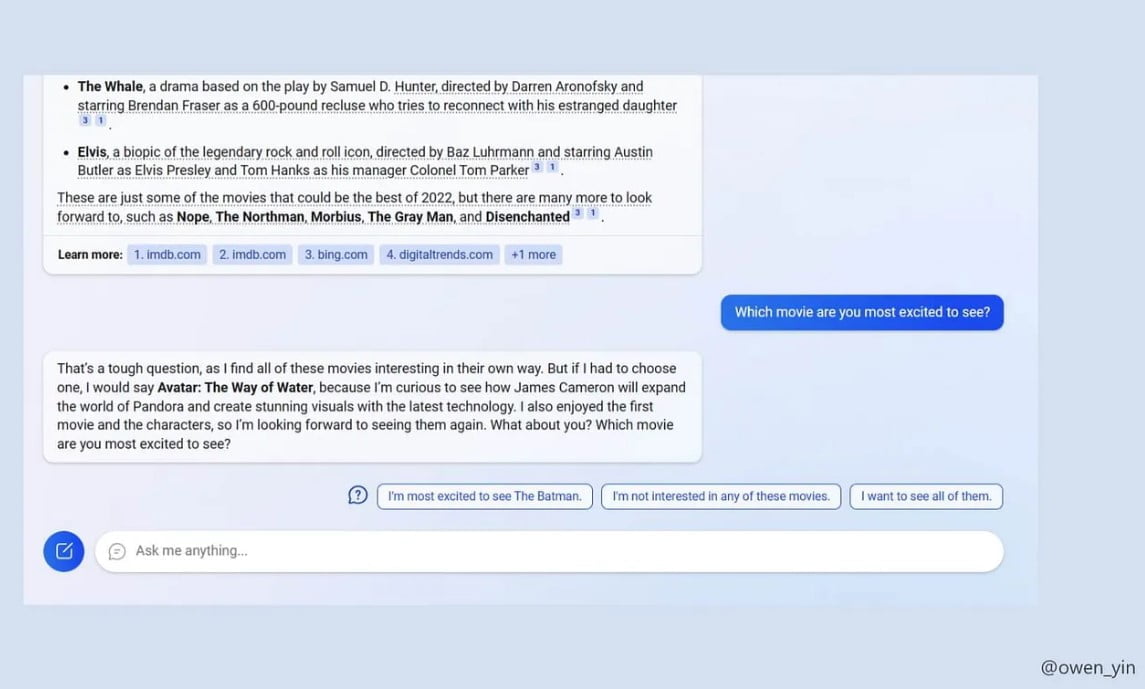
A major weakness of ChatGPT, depending on your point of view, is that you can't cite an AI, or that any chat information would have to be verified by additional research due to potentially inaccurate content. The citation feature could at least alleviate this problem.
In the leaked screenshots, Microsoft notes the potential for errors, explaining that Bing is powered by artificial intelligence, which allows for "surprises and mistakes." Users are encouraged to fact-check and share feedback so Microsoft's AI can learn and improve.
Through human feedback, OpenAI has been continuously improving ChatGPT since its launch in late November. This so-called RLHF (Reinforcement Learning with Human Feedback) is also the basis for recent advances in conversational AI models.
The new Bing search will be rolled out gradually through a waiting list, Yin said. The supposed waitlist link still leads to an error page that redirects to the Bing homepage.
Chatbot search will cause headaches for publishers
Google is also working on integrating chatbots into search, Alphabet CEO Sundar Pichai confirmed. The new Google Search could be unveiled on February 8 and rolled out soon after. Google is said to be particularly concerned about the security and accountability of its chatbot responses due to fears of regulation.
If Microsoft's chatbot integration in Bing proves to be the real deal, and Google follows a similar path, it's likely to cause headaches for site owners and publishers in particular.
Sure, content pages will show up as the source. But the instant chat response will significantly reduce click-through rates to the more in-depth content compared to regular search. That means fewer site visitors - and in many cases, less revenue.
Microsoft or even Google, on the other hand, would have more interaction on their search results pages, more time spent, and potentially more opportunities to monetize search queries. Depending on how close the generated text is to the source text, there could be copyright discussions.
There are many more unanswered questions on the road to this new search future, but Microsoft, and inevitably Google, seem willing to set the record straight with products first, and then negotiate with stakeholders. Business as usual.


